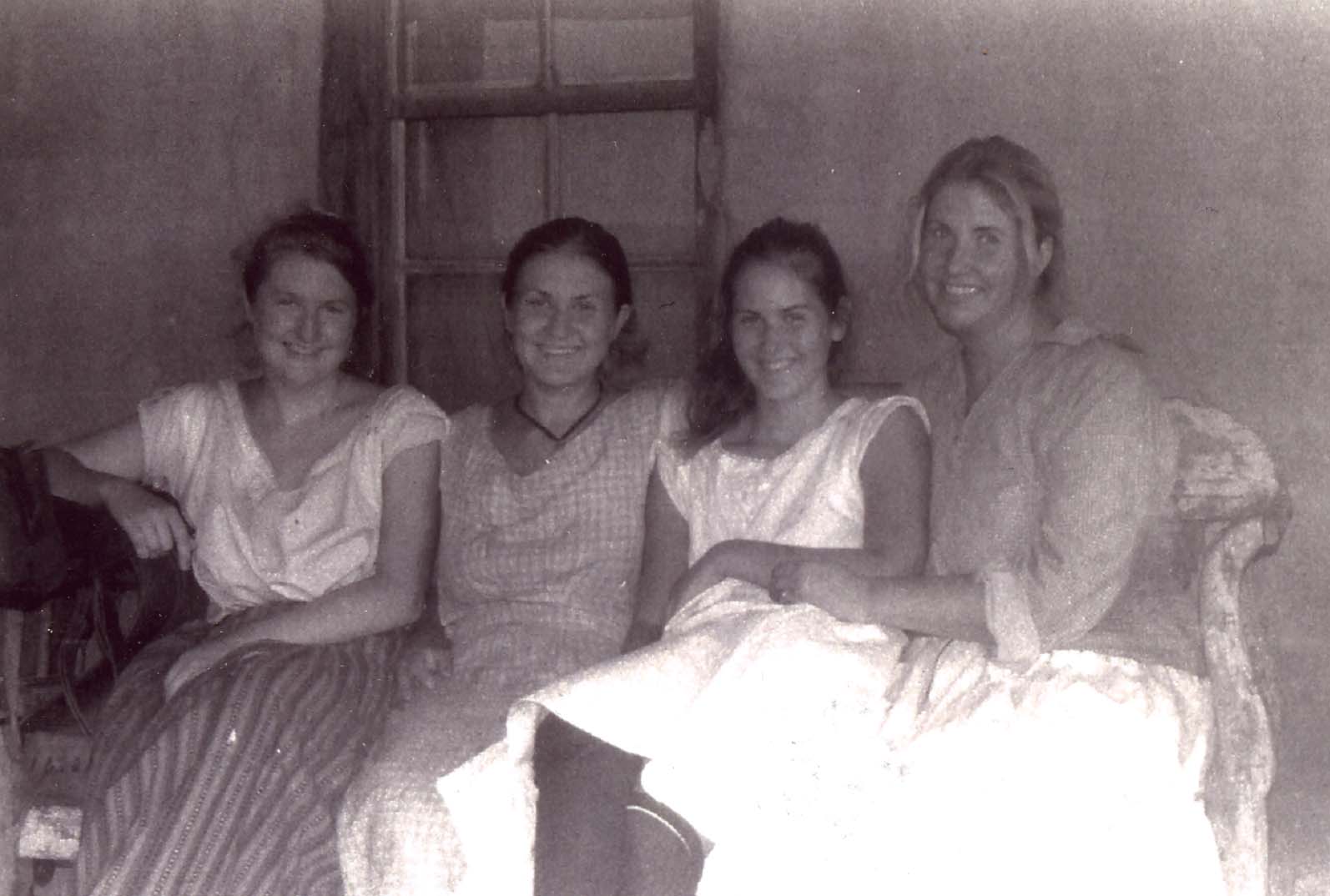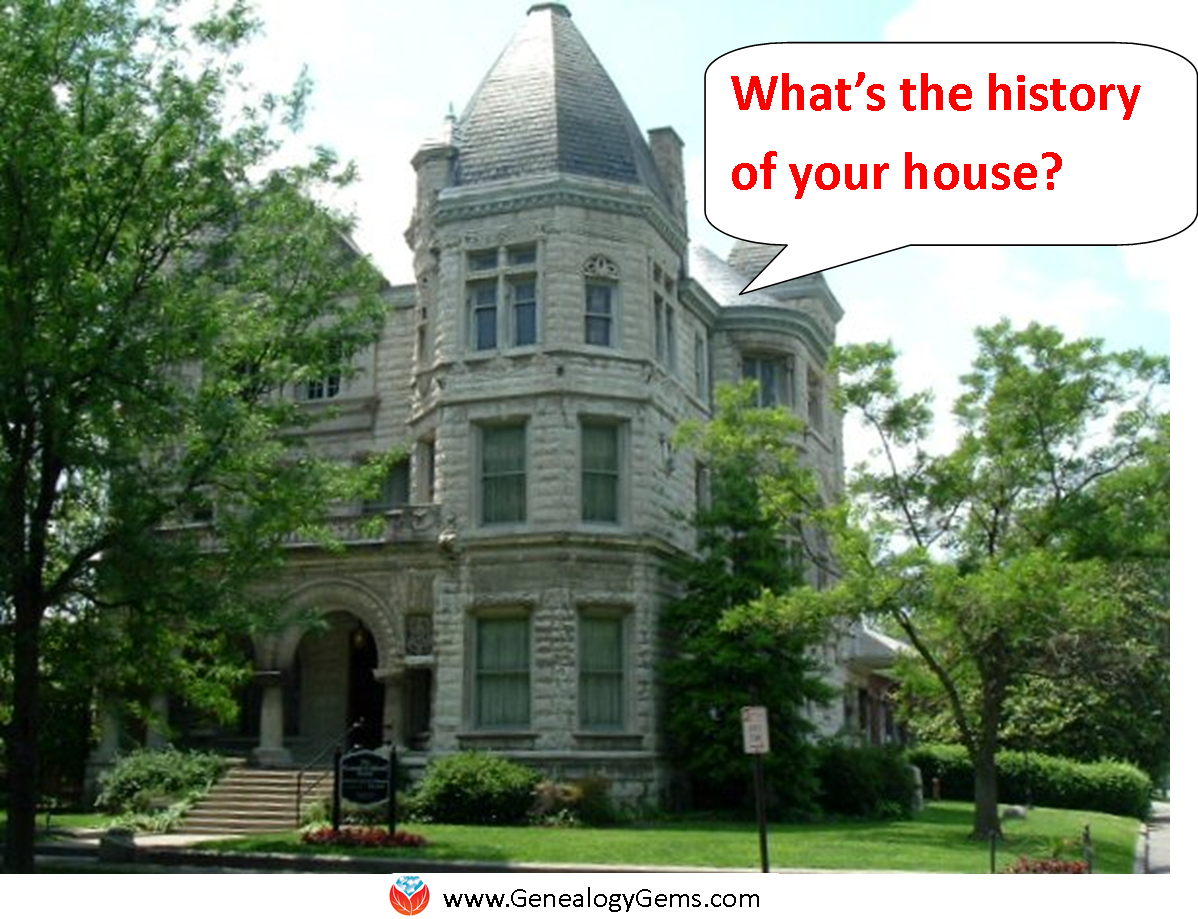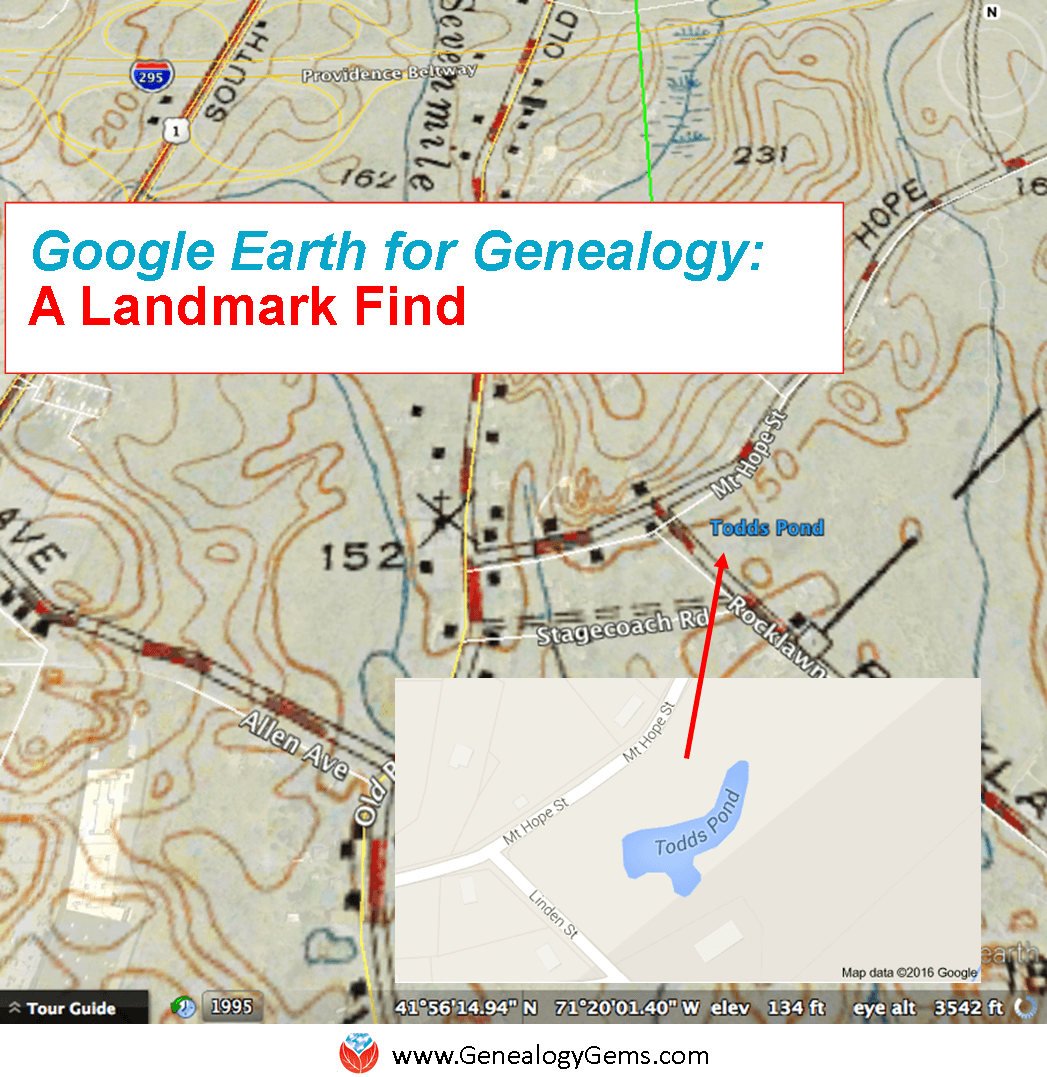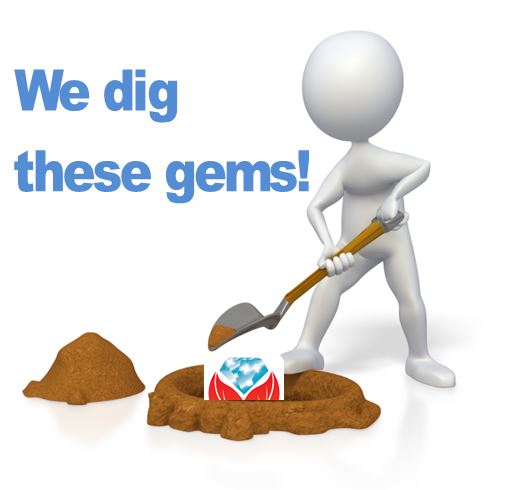by Lisa Cooke | Dec 19, 2013 | 01 What's New, images, Video
Can 100 years be packed into 10 minutes? This YouTube video attempts to do it!
(Warning: contains some graphic images)
The video also illustrates how the movie camera has captured our triumphs and tragedies for over 100 years.
Do you have old family movies? Consider posting them on YouTube with relevant descriptions that will help others find and watch them. Just like old photos, old film can play a ![]()
 significant role in our family history, and the Internet provides a forum for sharing them. If you have a free Google account (perhaps you use Gmail or another Google service) then you can use that account to activate your own YouTube channel.
significant role in our family history, and the Internet provides a forum for sharing them. If you have a free Google account (perhaps you use Gmail or another Google service) then you can use that account to activate your own YouTube channel.
You can learn how to get your free YouTube channel up and running at my upcoming class at RootsTech2014 called How to Use YouTube for Family History: Setting Up Your Own YouTube Channel (RT1508) Thursday, February 6 at 10:30 AM in Room: Ballroom H
by Lisa Cooke | Jun 12, 2016 | 01 What's New, Conferences
Join me at the Midwestern Roots 2016 conference in Indianapolis on July 15-16! Early-bird registration rate applies until June 30.
I look forward to speaking at Midwestern Roots 2016 in Indianapolis next month! Will you be there?
This conference has a unique Midwest vibe: welcoming and unpretentious but absolutely solid in the value and education it offers. Indianapolis is easy to get to from many U.S. cities. The conference venue itself, located on the outskirts of the city, is also easy to reach and has free parking.
 “This year’s theme is #YourStory, and many sessions focus on the technologies that are changing the ways genealogists research and share their family history,” says the conference brochure.
“This year’s theme is #YourStory, and many sessions focus on the technologies that are changing the ways genealogists research and share their family history,” says the conference brochure.
I’ll be sharing a bit of my own story during an evening banquet: memories of the summer my family spent living like it was 1867 on the TV show Texas Ranch House. I’ll go behind-the-scenes of ‘not so reality’ reality TV, reveal what it was like to live the daily routine my Texan great great grandmother may have, and most importantly, share the ways in which the experience drew my family even closer together.
Join me for my classes:
- How to Use Evernote for Genealogy
- Google! Everything New that You Need to Know for Genealogy
- How to Reopen and Work a Genealogical Cold Case
Lots of fabulous presenters (including some who have been on the Genealogy Gems podcast) will be at Midwestern Roots. Curt Witcher is giving the Friday opening session (he joined us to dive deep into U.S. census records in Genealogy Gems Podcast episode 10). CeCe Moore will talk about DNA, as she did on Genealogy Gems Podcast episode 178.
Here’s the scoop:
WHAT: Midwestern Roots 2016
WHEN: July 15-16, 2016
WHERE: Indianapolis Marriott East 7202 E. 21st St, Indianapolis, IN
REGISTER: Click here—Early-bird registration discount ends June 30!
Pre-conference activities on July 14 include an all-day workshop for librarians and volunteers who work with genealogy sources as well as computer labs, writing workshops, preservation workshops and research opportunities for all attendees.
Bring my lectures to you
If you can’t join us in Indianapolis, Genealogy Gems Premium website membership brings my most popular classes to you. Membership gives you a year’s worth of on-demand video classes and handouts. Among these classes are all the topics I’m covering at Midwestern Roots 2016 in even more depth including:
- an entire Evernote for genealogy series,
- three classes on my Google search methodology,
- a “cold case” research class and a companion video on finding living relatives like a private eye.
Click here to see the full list of video classes, and consider giving yourself the best value in on-demand genealogy education around!
by Diahan Southard | May 11, 2016 | 01 What's New, House History
A “house history” can tell you more about the house you live in–or your ancestor’s home. Here’s how.

Are you curious about the history of the house you live in, or would you like to trace the history of a family property? The online article “How to Research Your Home’s Past” by Charity Vogel has some great ideas. It’s not written for family historians, but I like some of the ideas it suggests:
1. Pull a full history of home ownership off your deed. (Historical deeds may not have these. But each deed does represent a link in the chain of property ownership: you should be able to move forward and backward in time in deed records until you’ve listed all owners.)
2. Use census records to learn more about other folks who lived in your home. Remember you’ll be able to see how many people lived there, and, for some census years, whether they owned or rented.
3. Watch for unusual patterns of ownership. For example, a deed showed sisters co-owning a home in the 1930s. Additional research showed that the sisters were nurses and ran the house as a community hospital. How cool is that to know about a house?
4. If it was a grand or unusual home, see whether the newspapers covered its construction. The author of the article found an 1898 article that detailed the entire five-month building process of her house!
Last year I shared an applicable research strategy in my blog post A Shocking Family Secret, and 3 Powerful Newspaper Research Tips about researching our ancestors and where they lived. By searching on their home address, and not including their name, you can uncover “a kind of house history set of search results, revealing who lived there before, descriptions of the home and its contents and who moved in after your ancestors left. In my case, I located an article about the Cooke home (by the address) being up for sale several years before they owned it. That article included a fairly detailed description of the property. The final article found in the British newspapers was also found only by address (as the Cooke name wasn’t mentioned) and it detailed the contents of their household up for sale. The auction was held in preparation for their move to Canada.” (Click here to learn more about finding your family history in newspapers.)
While looking for more on this topic, I came across a great newspaper article about three researchers who specialize in house histories. They said that in addition to the personal satisfaction of knowing about a family home, “A bit of history and story makes it much easier to sell: it attracts a certain buyer.”
Here are a few more helpful resources, if you’d like to research your house history:
More House History Gems: Researching a Family Residence
Ancestral Landmark Discovery with Google Earth

How to Find a Family Address: 4 Steps to Using Google Earth for Genealogy
Was This My Ancestor’s Neighborhood?
by Lisa Cooke | Feb 26, 2016 | 01 What's New, Records & databases
 New genealogy records online this week include a new index of WWII POWs from the US; British and Welsh newspapers, New York passenger and crew lists and more. Take a look!
New genealogy records online this week include a new index of WWII POWs from the US; British and Welsh newspapers, New York passenger and crew lists and more. Take a look!
BRITISH 1939 REGISTER BROWSER. A new browsing tool is available to help Findmypast subscribers access the 1939 Register (which is online in indexed format but requires separate premium access). “A handy partner to the name-searchable 1939 Register, Browse offers you the ability to explore England and Wales by county, borough/district, piece number and ED letter code.”
BRITISH AND WELSH NEWSPAPERS. Over 6.4 million articles have recently been added to Findmypast’s collection of historic British Newspapers. They comprise 26 new titles, including 19 from Wales dating back to 1829. According to the collection description, “19 of our newest titles come from Wales, allowing you an insight into local life during the 19th and early 20th centuries.”
ENGLAND (LANCASHIRE) CEMETERY. Nearly a half million indexed records have been added to a free collection at FamilySearch of England Lancashire Oldham Cemetery Registers 1797-2004. According to the collection description, “This collection contains cemetery registers from Hollinwood, Failsworth, Royton, Crompton, Chadderton, Lees, and Greenacres cemeteries in Oldham. Most registers contain, name, address, date of death, date of burial and burial location.”
NEW JERSEY CHURCH. Ancestry.com has posted a new collection of New Jersey, United Methodist Church Records, 1800-1970 , 1800-1970
, 1800-1970 spanning nearly two centuries (1800-1970). According to the description, “This collection includes baptism, marriage, burial, and membership records from churches in the Greater New Jersey United Methodist Church Commission on Archives and History. Most records are from churches that have been closed.”
spanning nearly two centuries (1800-1970). According to the description, “This collection includes baptism, marriage, burial, and membership records from churches in the Greater New Jersey United Methodist Church Commission on Archives and History. Most records are from churches that have been closed.”
NEW YORK IMMIGRATION/CREW. FamilySearch has a new browse-only collection of more than 3.2 million records of New York passenger arrivals at Ellis Island (1891-1924). It links to images of arrival lists at the Ellis Island website. In addition, nearly 1.3 million indexed records have been added to FamilySearch’s collection of New York New York Index to Alien Crewmen Who Were Discharged or Who Deserted (1917-1957).
US WWII PRISONERS OF WAR. A new database of over 143,000 United States prisoners of war records (1941-1945, prisoners of the Japanese) is now searchable on FamilySearch.org.
 Keep up-to-date with this weekly digest of new genealogy records online, which notes some of the biggest, most interesting and exciting collections we’ve noticed. Sign up for our weekly e-newsletter so you won’t miss any, and you’ll receive a free e-book of Lisa Louise Cooke’s Google search tips from her popular book, The Genealogist’s Google Toolbox.
Keep up-to-date with this weekly digest of new genealogy records online, which notes some of the biggest, most interesting and exciting collections we’ve noticed. Sign up for our weekly e-newsletter so you won’t miss any, and you’ll receive a free e-book of Lisa Louise Cooke’s Google search tips from her popular book, The Genealogist’s Google Toolbox.
Disclosure: This article contains affiliate links and Genealogy Gems will be compensated if you make a purchase after clicking on these links (at no additional cost to you). Thank you for supporting Genealogy Gems!
 significant role in our family history, and the Internet provides a forum for sharing them. If you have a free Google account (perhaps you use Gmail or another Google service) then you can use that account to activate your own YouTube channel.
significant role in our family history, and the Internet provides a forum for sharing them. If you have a free Google account (perhaps you use Gmail or another Google service) then you can use that account to activate your own YouTube channel.
 “This year’s theme is #YourStory, and many sessions focus on the technologies that are changing the ways genealogists research and share their family history,” says the conference brochure.
“This year’s theme is #YourStory, and many sessions focus on the technologies that are changing the ways genealogists research and share their family history,” says the conference brochure.



